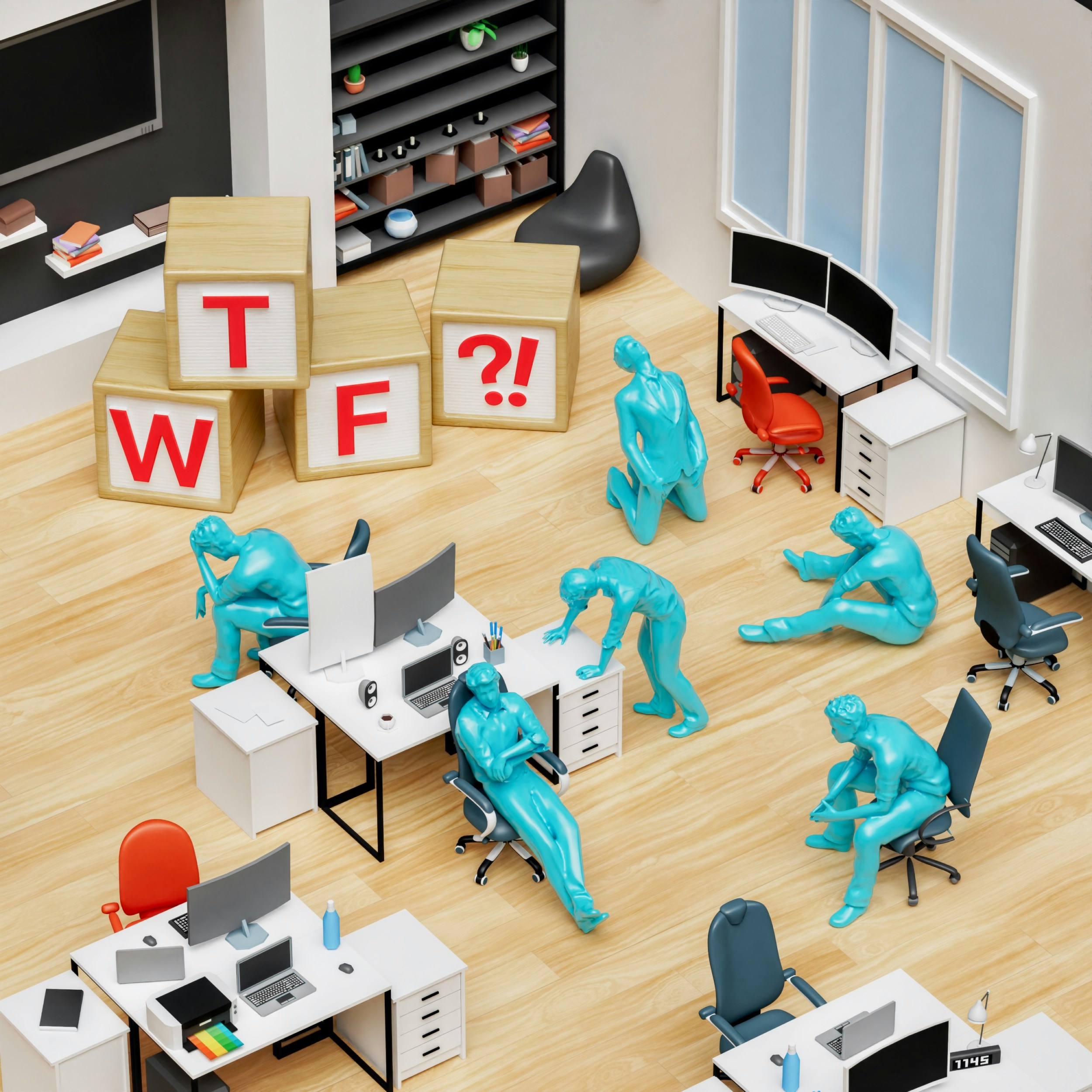
Quick Thought - Fall 2024
Some Thoughts on Failing Better
The kinds of failures that actually teach you something rarely show up all at once. They take shape gradually. A vague tension you can't quite place. A small tradeoff that repeats itself just enough to shift the outcome.
That's the pattern I've come to recognize. Not the blow-up. The slow drift. The kind where the original intent erodes a little at a time, until you've shipped something that technically checks out but doesn't feel like the thing you set out to make.
I've learned to spot those moments more quickly. Or at least name them out loud. Over time, that's what failing better has come to mean for me.
Late in my time at Discord, I worked on a new entry point for Activities. The goal was to make it feel more robust, more accessible, and more connected to the rest of the app ecosystem, specifically the bots ecosystem. It was a layered project. I was excited to get something out behind a feature gate and into users' hands.
The product vision was still moving. Timelines were blurry. Scope shifted almost daily. I stayed in build mode: scoping, adjusting, delivering, trying to keep momentum while everything around the project kept changing.
Then leadership weighed in. The design was dismissed publicly, and I was left to defend it. A new UX approach was imposed, one that stepped sharply outside the original direction. It went through more review rounds, but it never shipped. I was part of a layoff shortly thereafter.
There wasn't one defining mistake, just a trail of weak ones. The final product resembled the original concept on the surface, but it didn't hold the same shape. The intention behind it had been lost. Ironically, sometime after I left, the original entry point location shipped but was disconnected from the broader system it was meant to serve.
That project stuck with me, not because it was dramatic, but because it was instructive. It reminded me that clarity and ownership aren't optional. Someone has to carry the thread.
I should have spoken up sooner. Defended the reasoning more clearly. But I was tired. I wanted to ship something and move forward. That kind of fatigue makes it easier to drift.
These days, I try to catch friction earlier. I flag things when they're still forming. I name tension before there's alignment around what it even is. I look for quiet signs of drift, especially across PM, design, engineering, and data, before they settle into direction.
Once a team believes the path is locked, trying to shift it takes more than clarity. It takes undoing momentum. That's a harder move.
For me, failing better has become about paying attention before things solidify. Adjusting while the story's still in progress.
Failure doesn't always look like a missed target. Sometimes it's just the sense that something could have been more, that the potential was there, but the result didn't quite carry it through.
That sting is useful. It shows up sooner the next time. And when I catch it early, I have more room to do something about it.
I'm not trying to eliminate misses. I'm trying to keep them small. Early. The kind I can still steer before they start steering me.